Fieldman: A Lineage of Labor and a Message on Slow Fashion
Fieldman was born from a desire to reclaim material, story, and possibility. The name itself carries weight: it honors my great-grandfather, who was forced to pick cotton, and now, generations later, I use that same fiber to build something entirely my own. Fieldman is both tribute and transformation—a love letter to those who came before me and a vision for what could be. It’s rooted in the dignity of labor, the power of imagination, and the belief that clothes can carry memory, meaning, and momentum.
A significant turning point came when I discovered Paynter Jacket. Their model of producing in limited batches, telling the story of every piece, and spotlighting the hands that make the clothing—it felt revolutionary and refreshingly human. It showed me that fashion doesn’t have to be fast to be impactful, and that people are hungry for pieces with stories behind them. That ethos became a major influence in how I imagined Fieldman could show up in the world: less about constant product drops and more about building a wardrobe that grows slowly and intentionally.
At its core, Fieldman is my love letter to craftsmanship. I draft every pattern, sew prototypes, and think critically about each detail, from fit to fabric to finish. I’m not interested in chasing trends—I’m interested in designing garments that feel considered and lived-in from the start. Pieces that are well-made, easy to wear, and built to last. I want every Fieldman garment to carry the energy of the person who made it and the person who wears it—an exchange of care and self-expression stitched into every seam.
Fieldman lives within the broader practice of slow fashion because it centers people and process over profit. It honors the old-school values of mending, making, and meaning. It invites us to think about how clothes are made, who makes them, and why that matters. More than just a clothing brand, it’s a practice in patience and pride—a way of building something honest, useful, and lasting in a world that too often prioritizes speed. And in doing so, I hope Fieldman helps others reconnect to their own sense of intention, creativity, and craftsmanship, too.
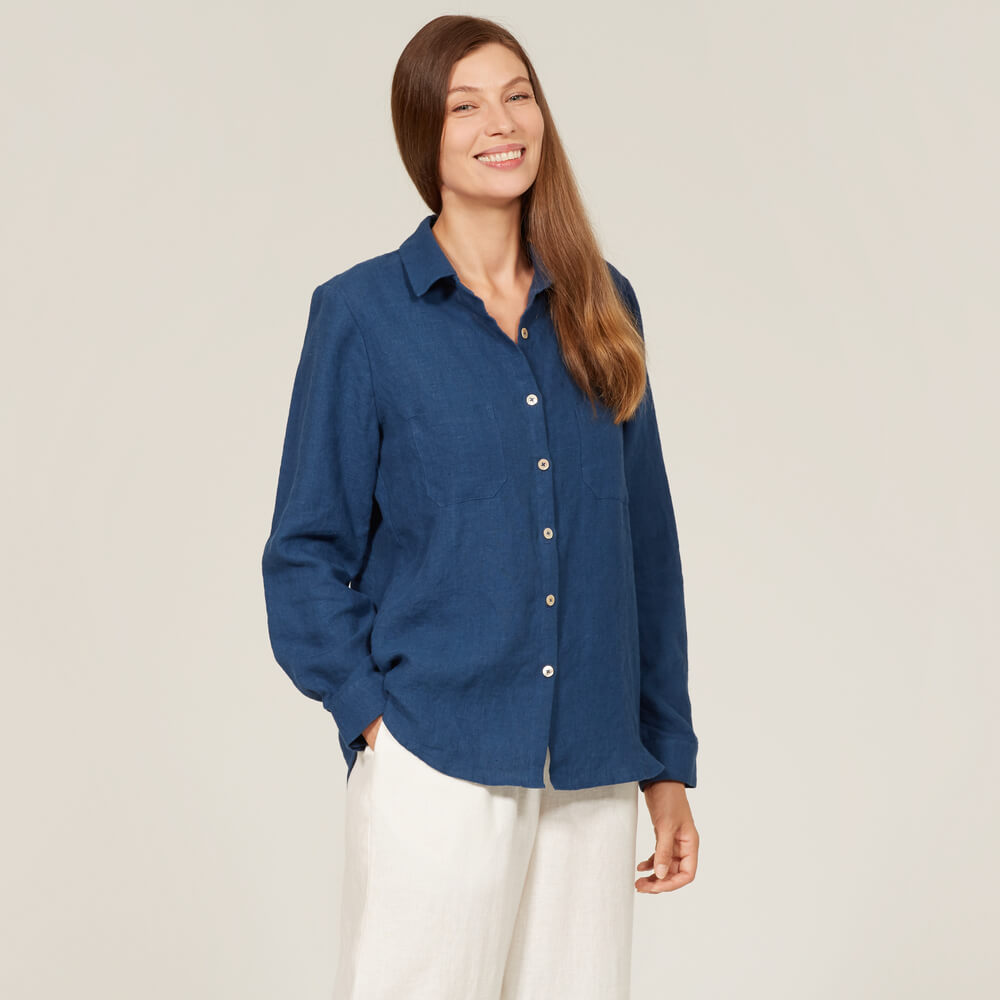

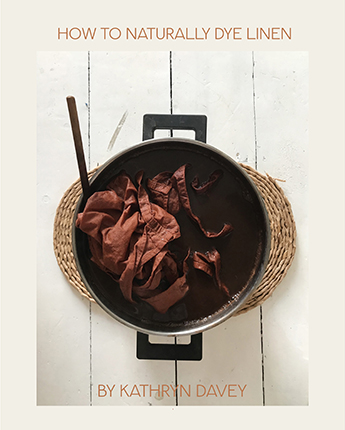
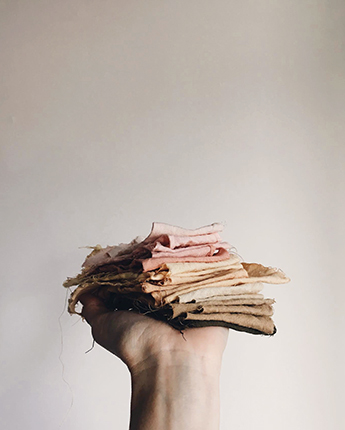

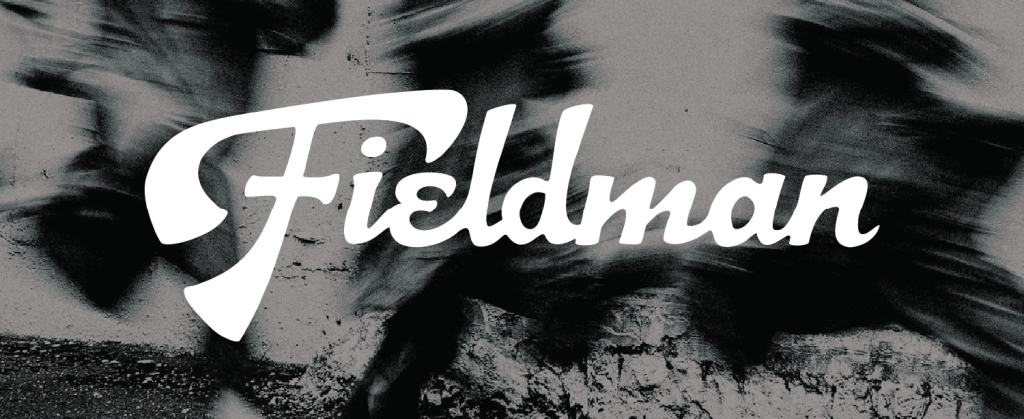
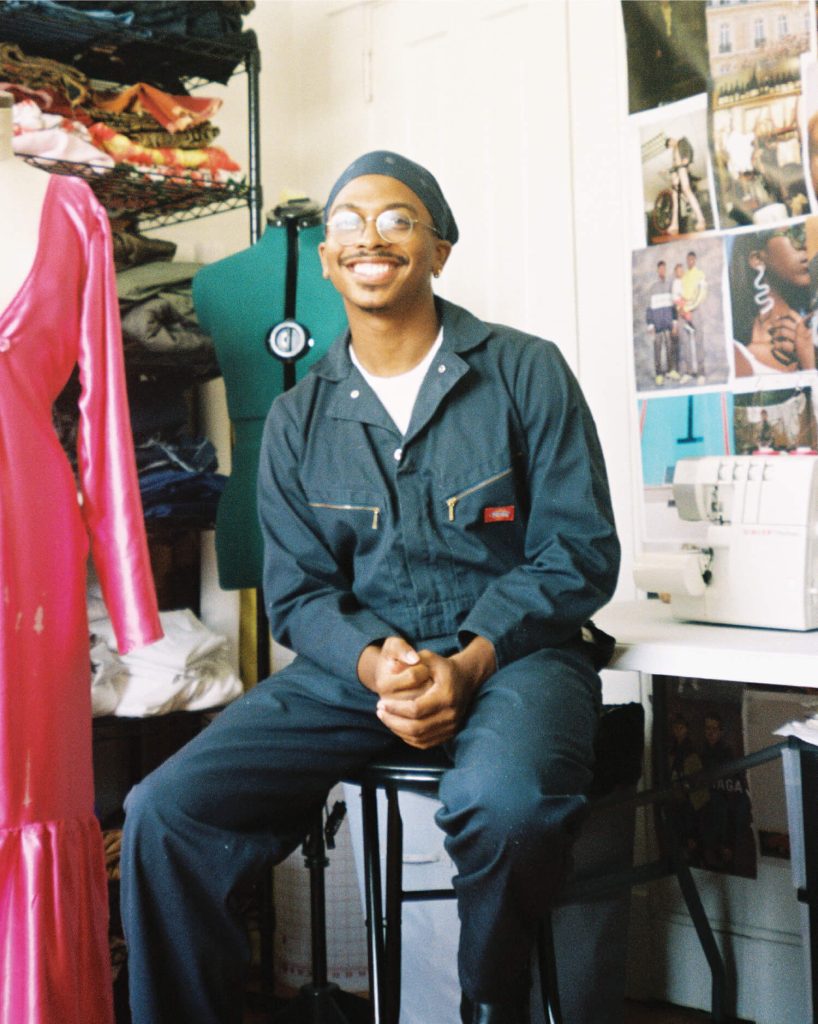
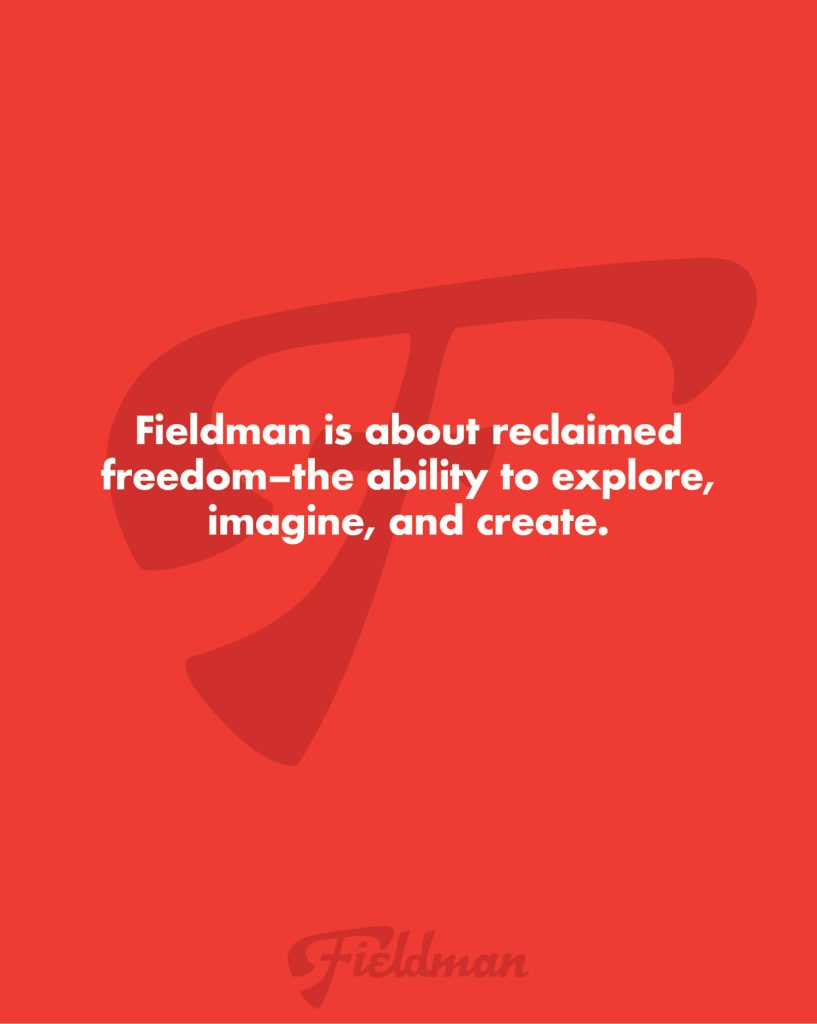
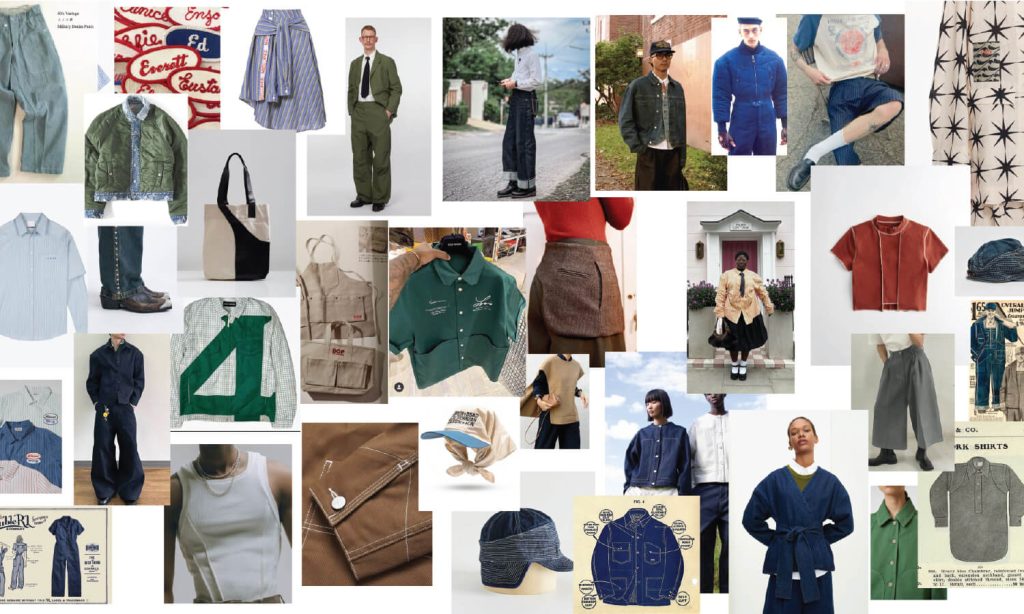
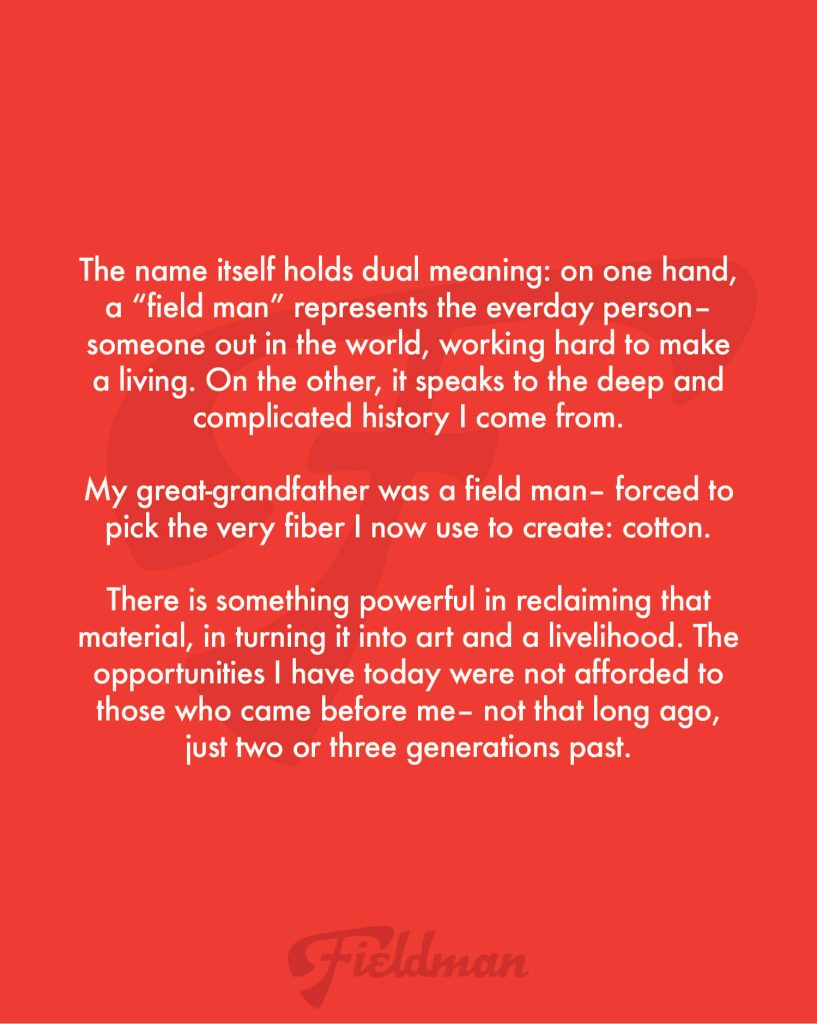





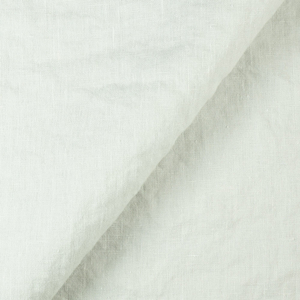
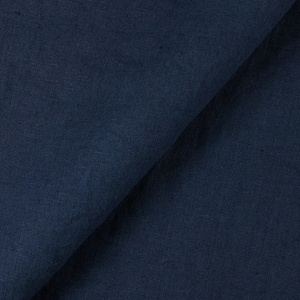
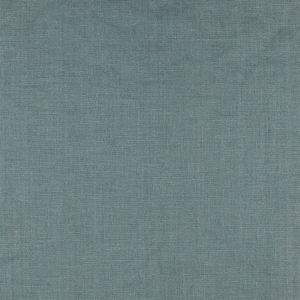
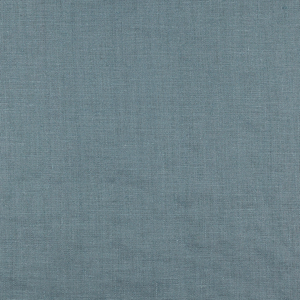

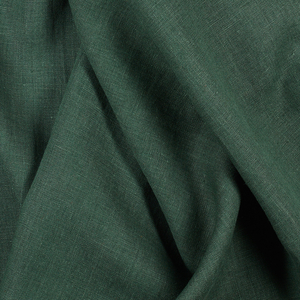
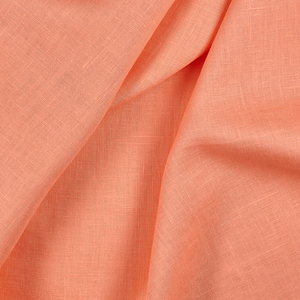







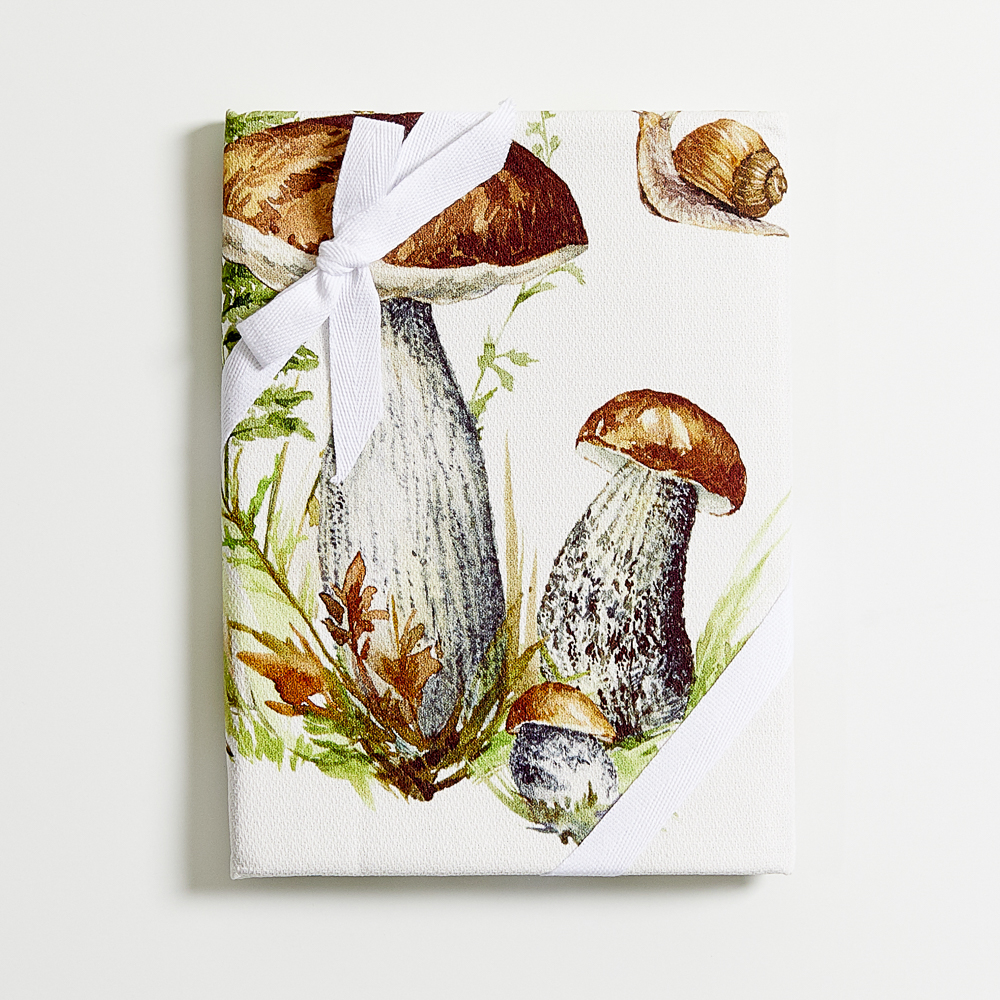
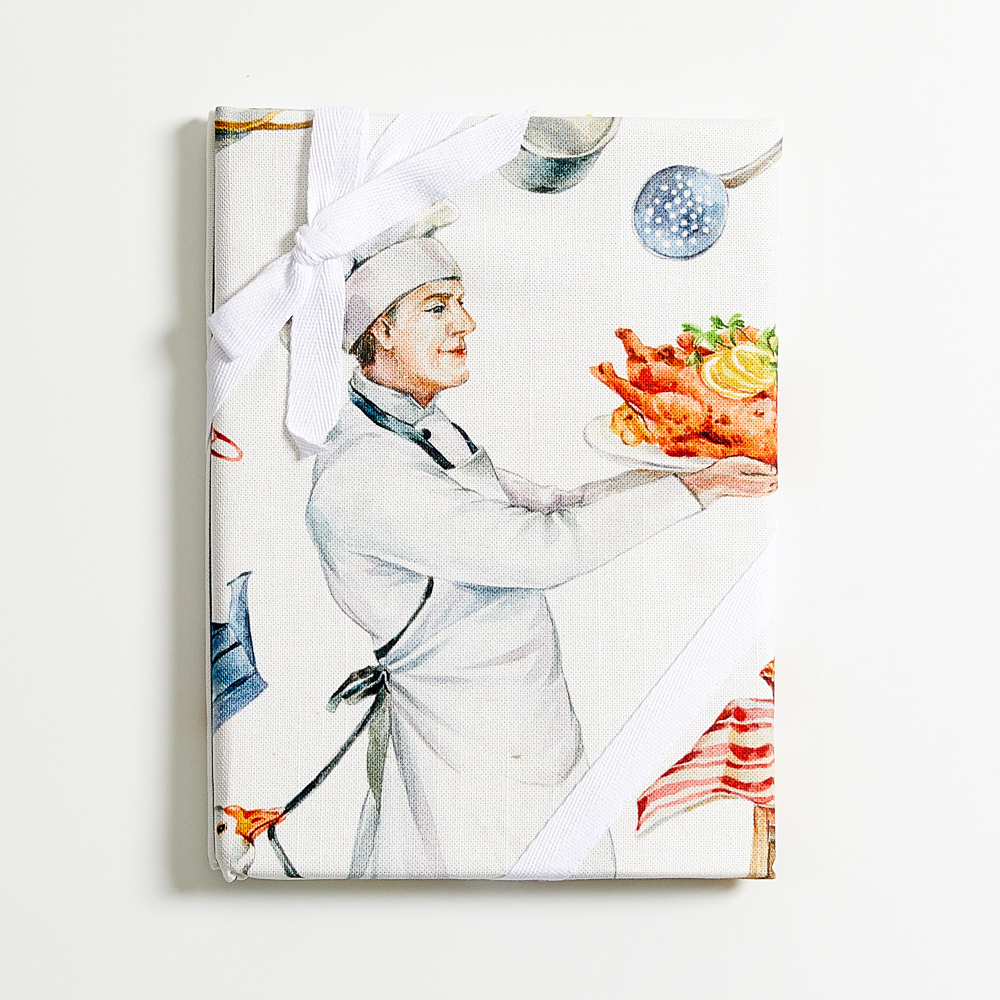

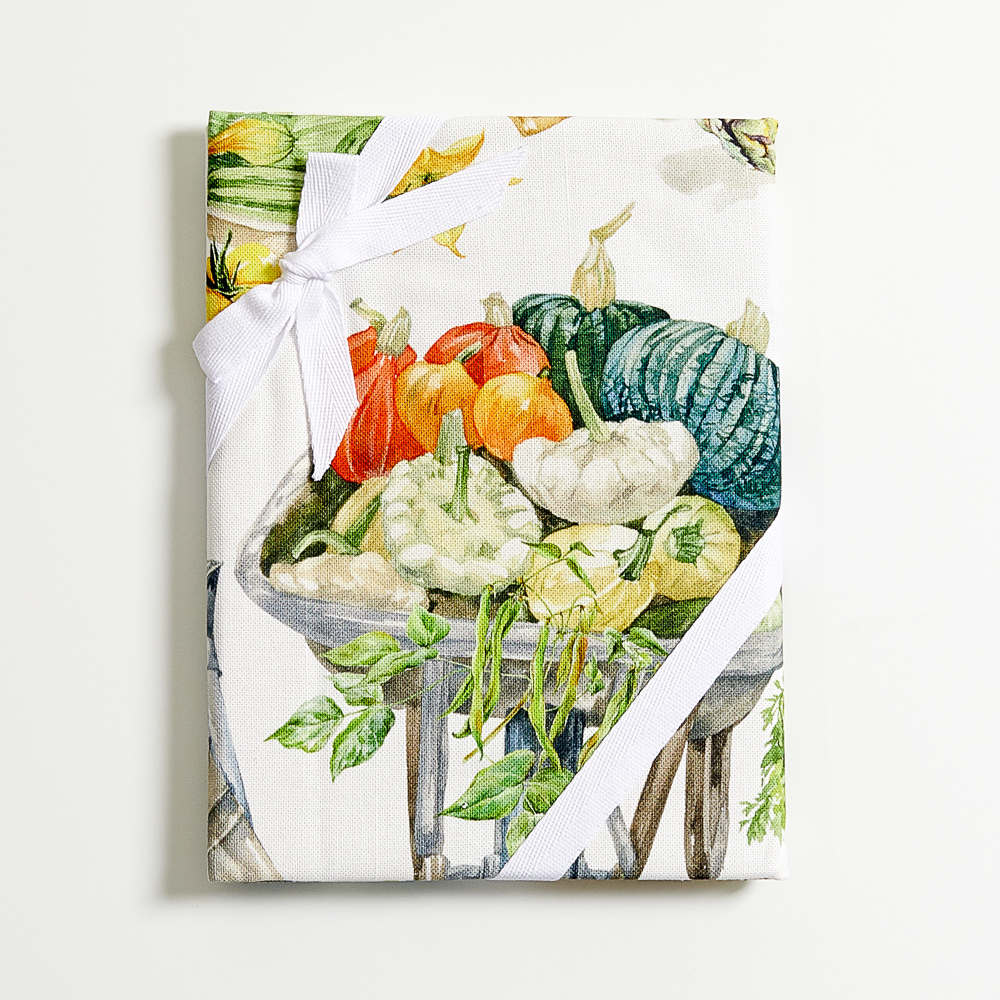



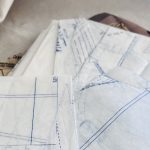


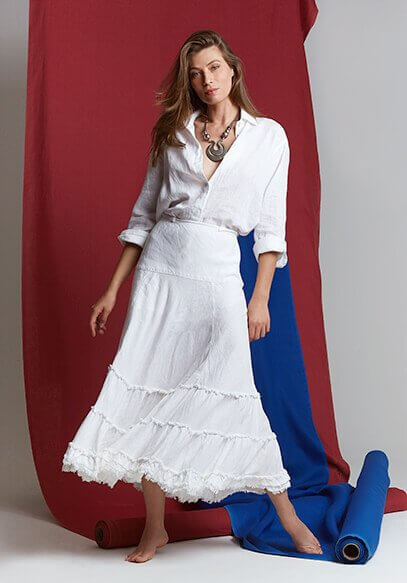
Leave a comment